Literature and Science:
In ancient times, the education of the people of a country consisted of the study of language. Thus in ancient India, an educated man was a man of Sanskrit learning. Education is almost every country of Europe, in earlier times means nothing but the study of Greek and Latin. The beauty of natural scenery, our admiration for the great God who created this wonderful world, love, chivalry and heroic deeds of individuals and nations-these formed the earliest themes of ancient languages. Mental philosophy came next. Last came the science. In ancient Europe, Socrates and Aristotle first conceived the rudimentary principles of scientific thought and laid down the laws of accurate thinking. And, in modern Europe, it was the mastermind of Bacon that laid down the foundation of modern scientific investigation. Thus in ancient times, all education was literacy, and scientific education was of late growth.
Education, in the present age, means both literacy and scientific education. But so numerous are the various branches of learning both literacy and scientific, that it is impossible for even a man of the most capacious intellect to be tolerable familiar with all of them. May, the scope of human knowledge in any of these branches is expanded to such an extent that it might for the long life research of a naturally gifted man to master it thoroughly. Modern Education, therefore, means a general knowledge of many things and a special knowledge of one or two popular branches of study. It is our tastes and natural aptitudes we are best fitted to specialize. By proper education, as Lord Brougham puts it we, “Know something of everything of something”.
So by knowing something of everything, we affect a harmonious development of all our intellectual and moral faculties. Poetry chastens our thoughts and purifies and elevates our souls. Philosophy gives us an insight into the true meaning of life and makes us reflective and serious. History widens our knowledge of the human race and broadens our sympathies. Logic trains our reasoning faculties and guards us against the fallacies of loose thinking. Mathematics gives accuracy to our thoughts and elevates the mind by giving us an idea of the Infinite. The Physical Science-Chemistry, Botany, Physiology, Zoology, and quite a number of them give us a knowledge of the laws and processes that regulate the animal, vegetable and mineral kingdoms and thus impress our minds with the knowledge of the grandeur and wisdom of providence that is manifest in every natural phenomenon. Each of these departments of knowledge is more or less intimately connected with every other.
It is, therefore, foolish to try to extol any one of these branches of knowledge to the detriment of another. All knowledge is one, just as the human mind, which grasps the various branches of it, is one. Each branch of study supplements the other, and each renders us substantial help in attaining a comprehensive understanding of the whole. Those who are eager to establish the superiority of scientific education over literacy by pointing out the wonders of scientific invention and by stressing on the material comforts which science have conferred on us fail to recognize the truth that these discoveries and inventions of science cannot make men happy without purer and nobler natural instincts and impulses to control and regulate them, those, again, who belittle the importance of these discoveries and inventions as being materialistic, forget that a deeper knowledge of the mysteries of physical nature gives us a nature. Thus the knowledge of the sciences imparts a sublimer tone to our poetry, history and philosophy and the study of these latter furnishes our minds with truths and inspirations that lead to the discoveries of natural science.
We read in the ancient Upanishads of the Hindus that everything in nature vibrates with the very same life force that quickens the mind and body of man. The principle of life is the same everywhere, and what appears to be dead matters, also pulsates with the same force that is manifest in a highly developed form in man. This principle of the unity of life in all things as laid down in the Upanishads is echoed and reechoed in the literature and poetry of India. The great man (Dr J. C. Bose) who has scientifically proved that plants also are as scientist as human beings, drew his inspiration from the literature of his country. It was reserved for a Hindu to demonstrate scientifically to the world this great truth that already exists in his literature in religious and poetic form.
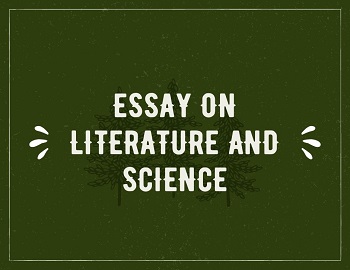

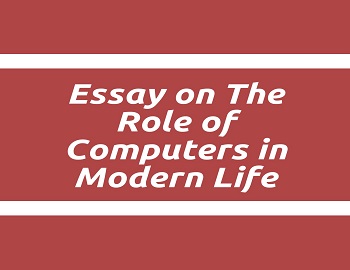
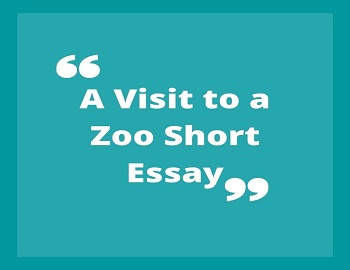
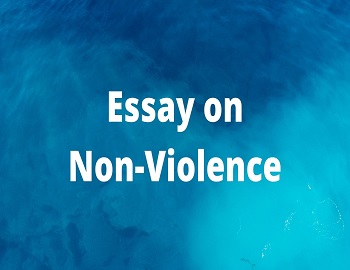
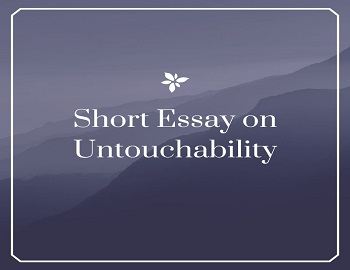
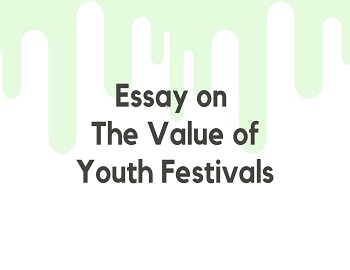
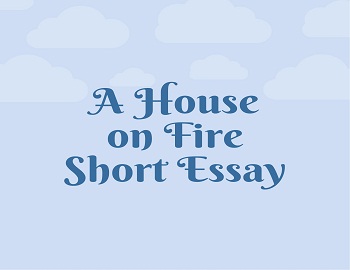
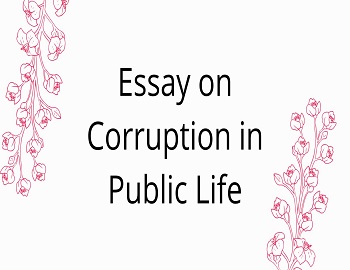
Comments (No)